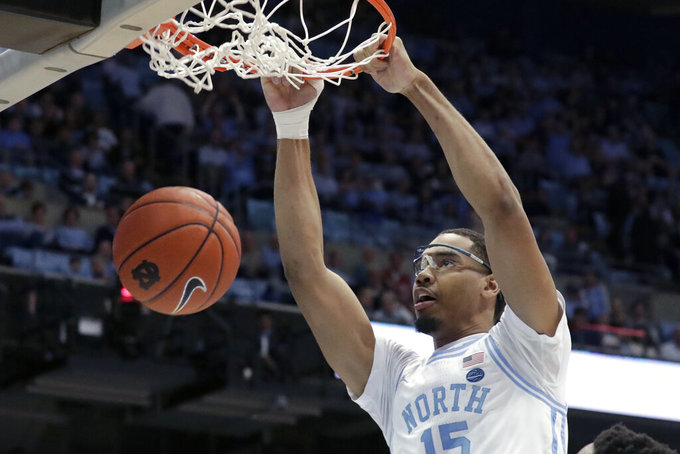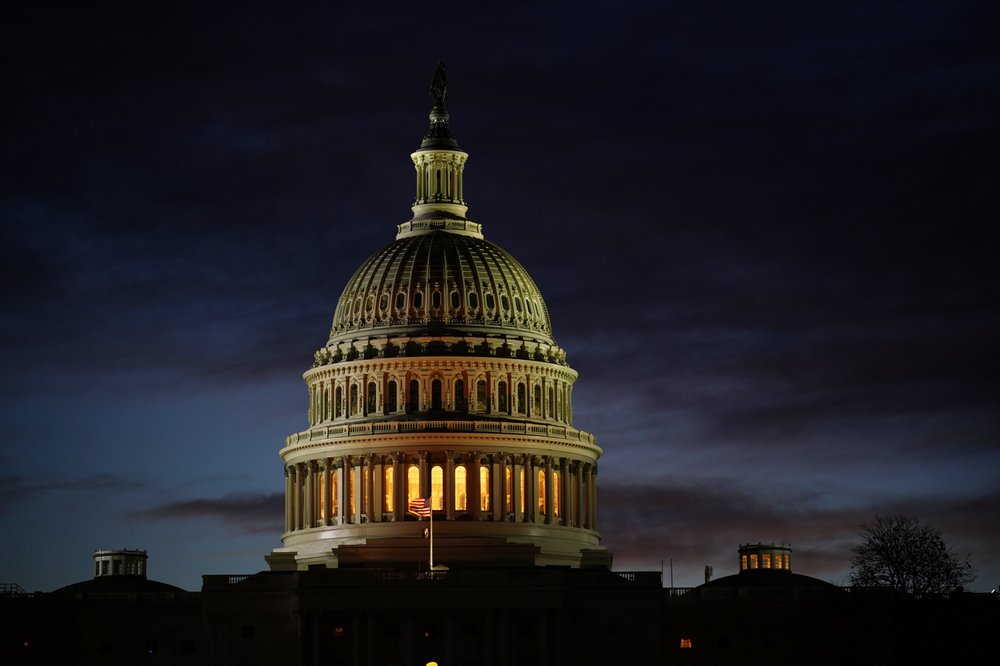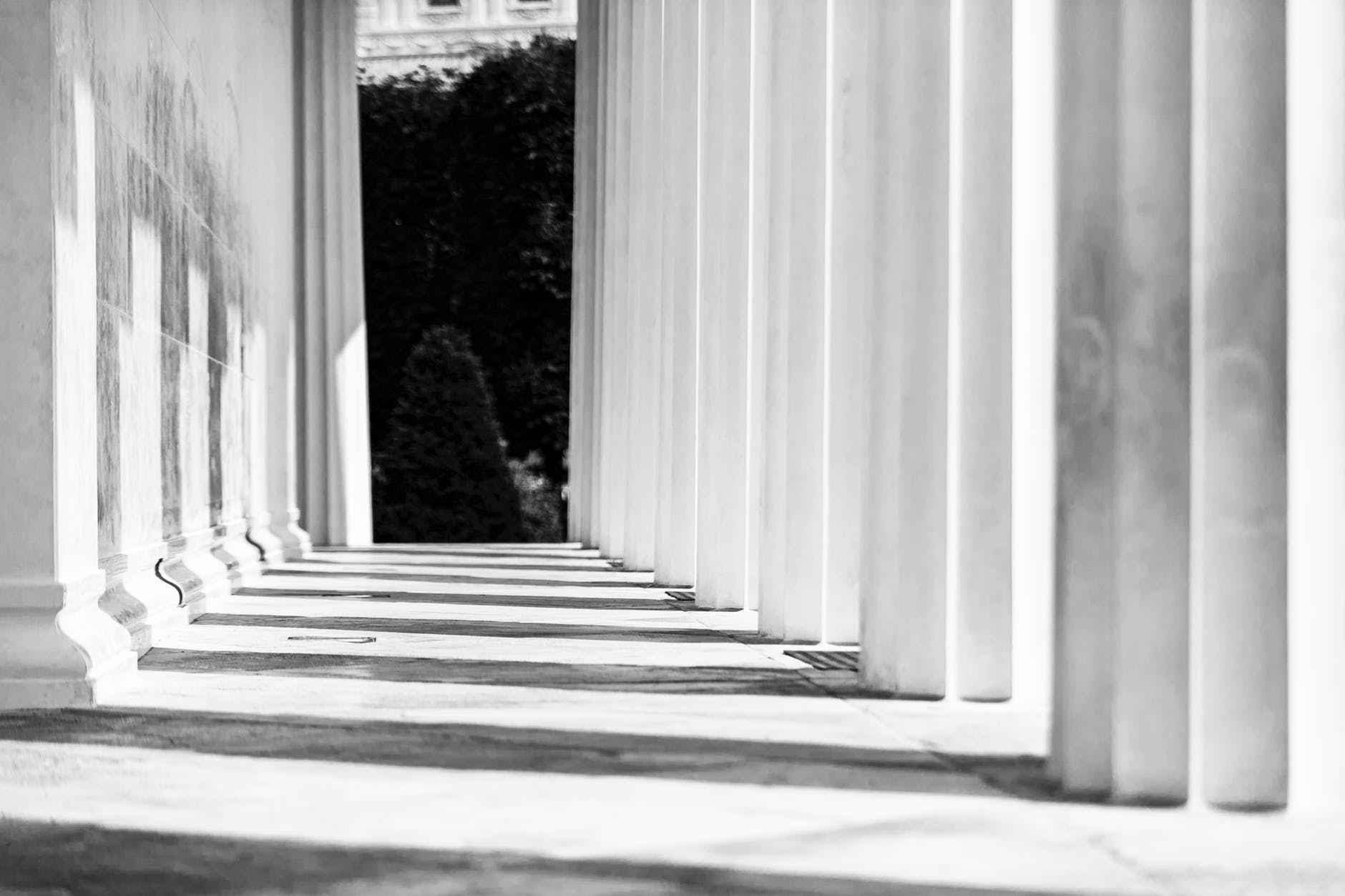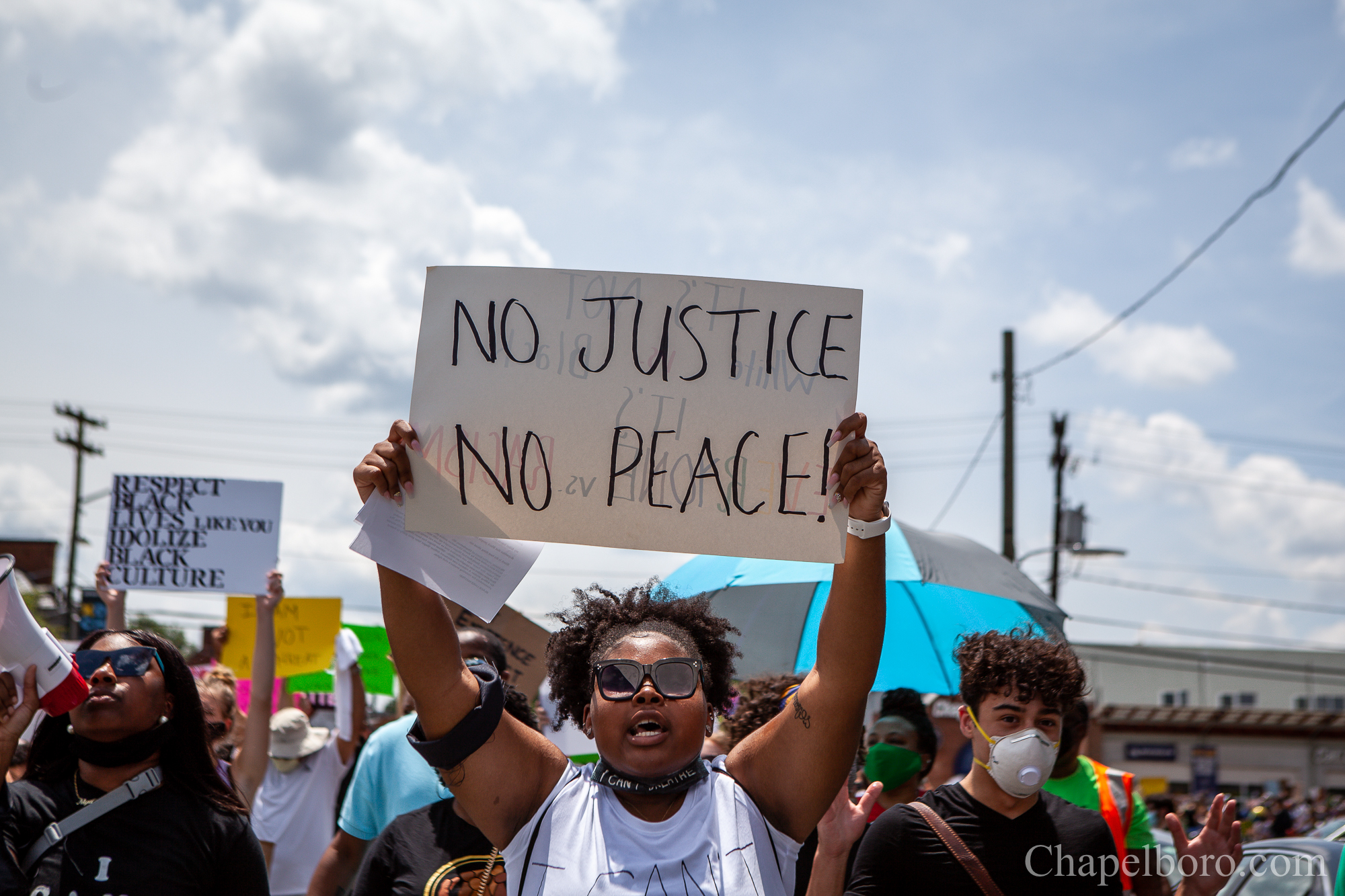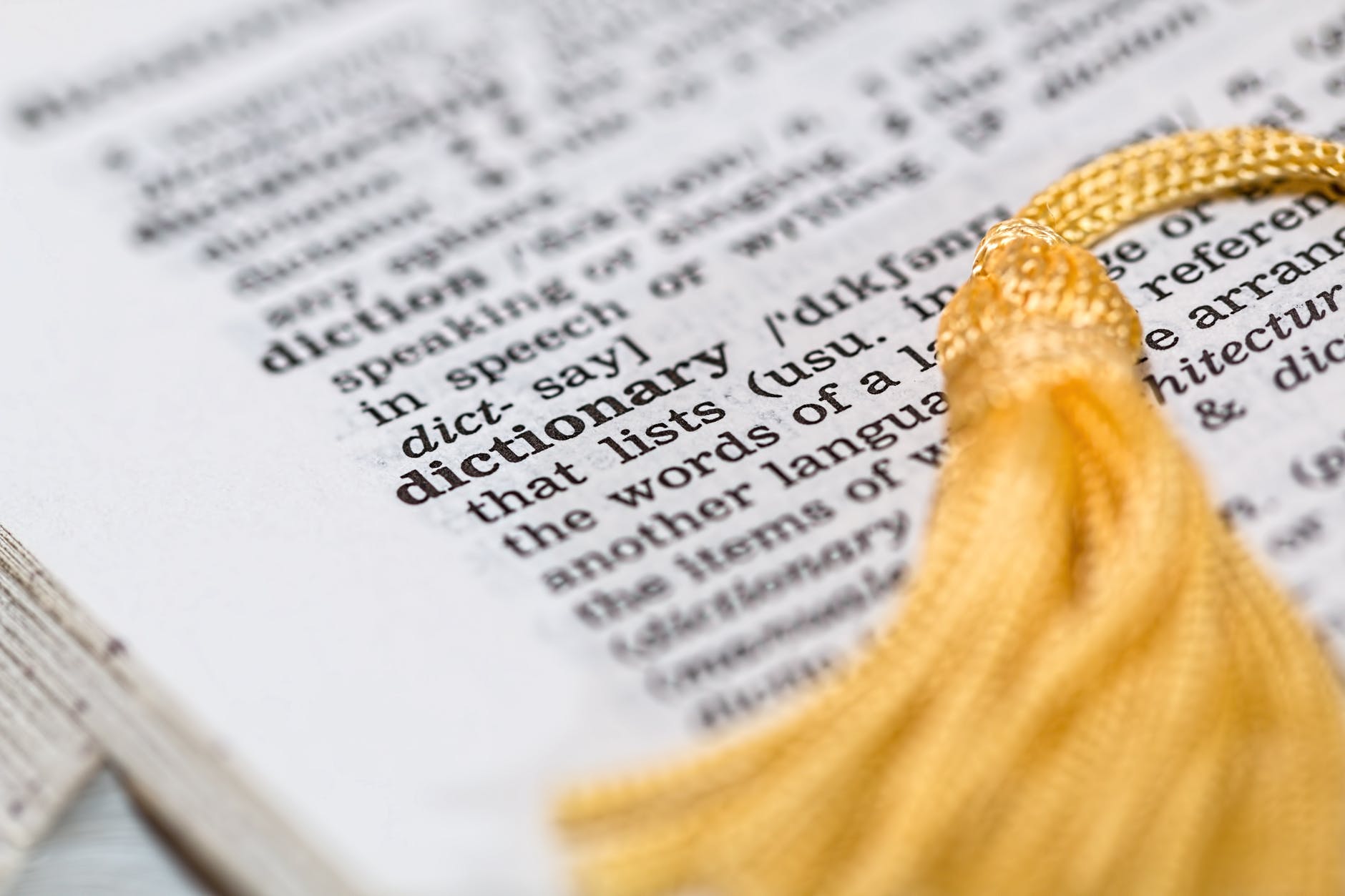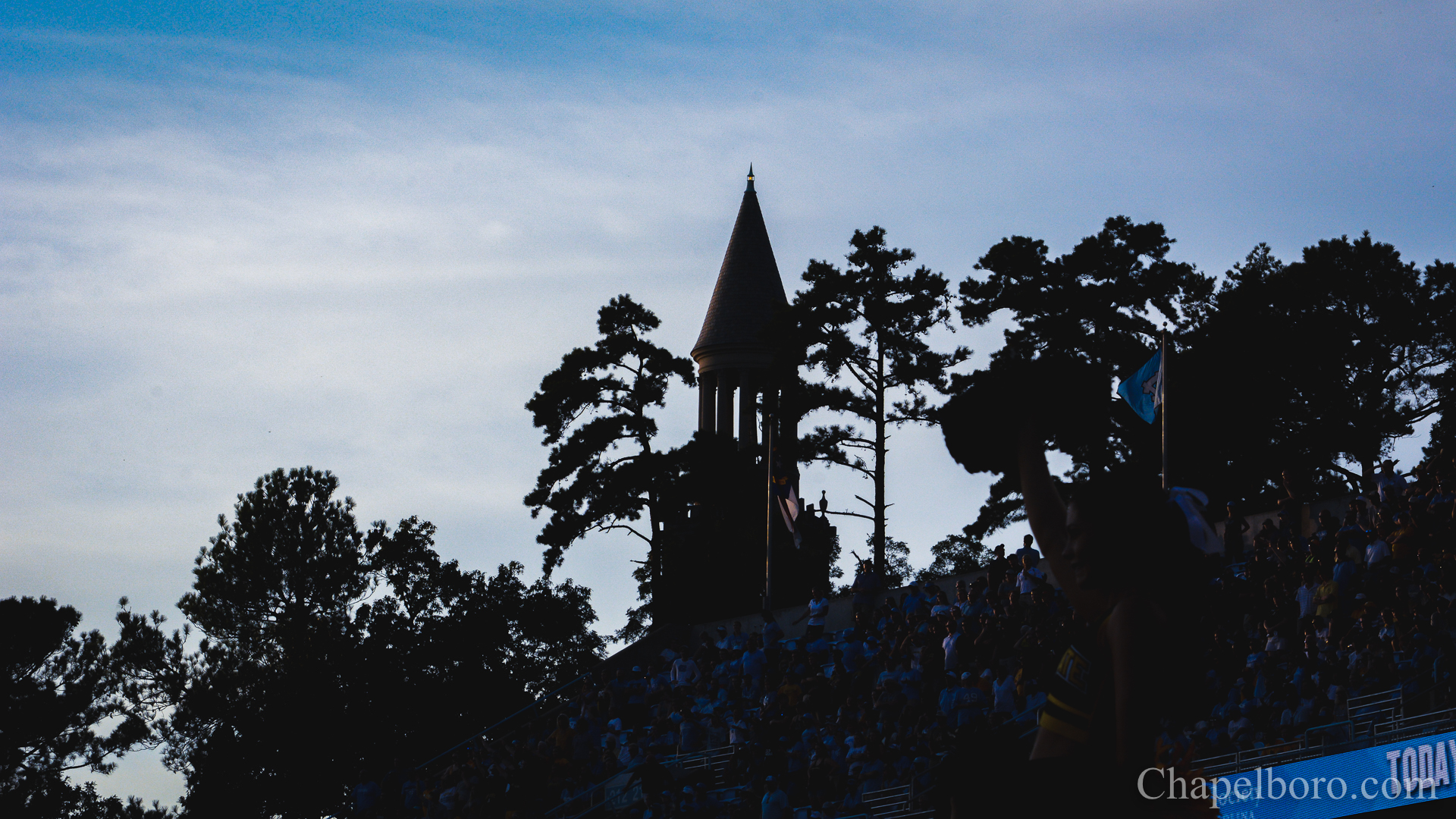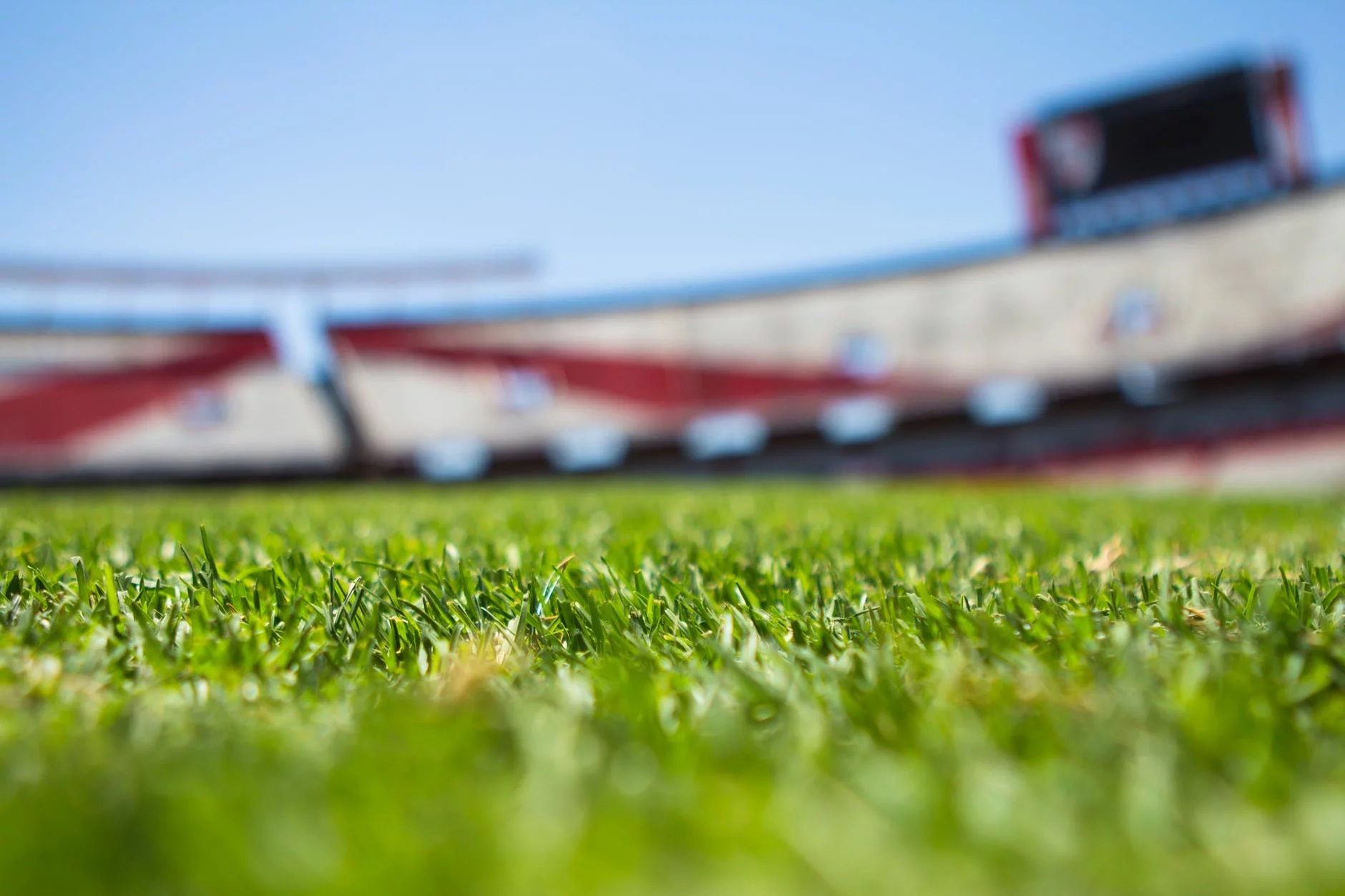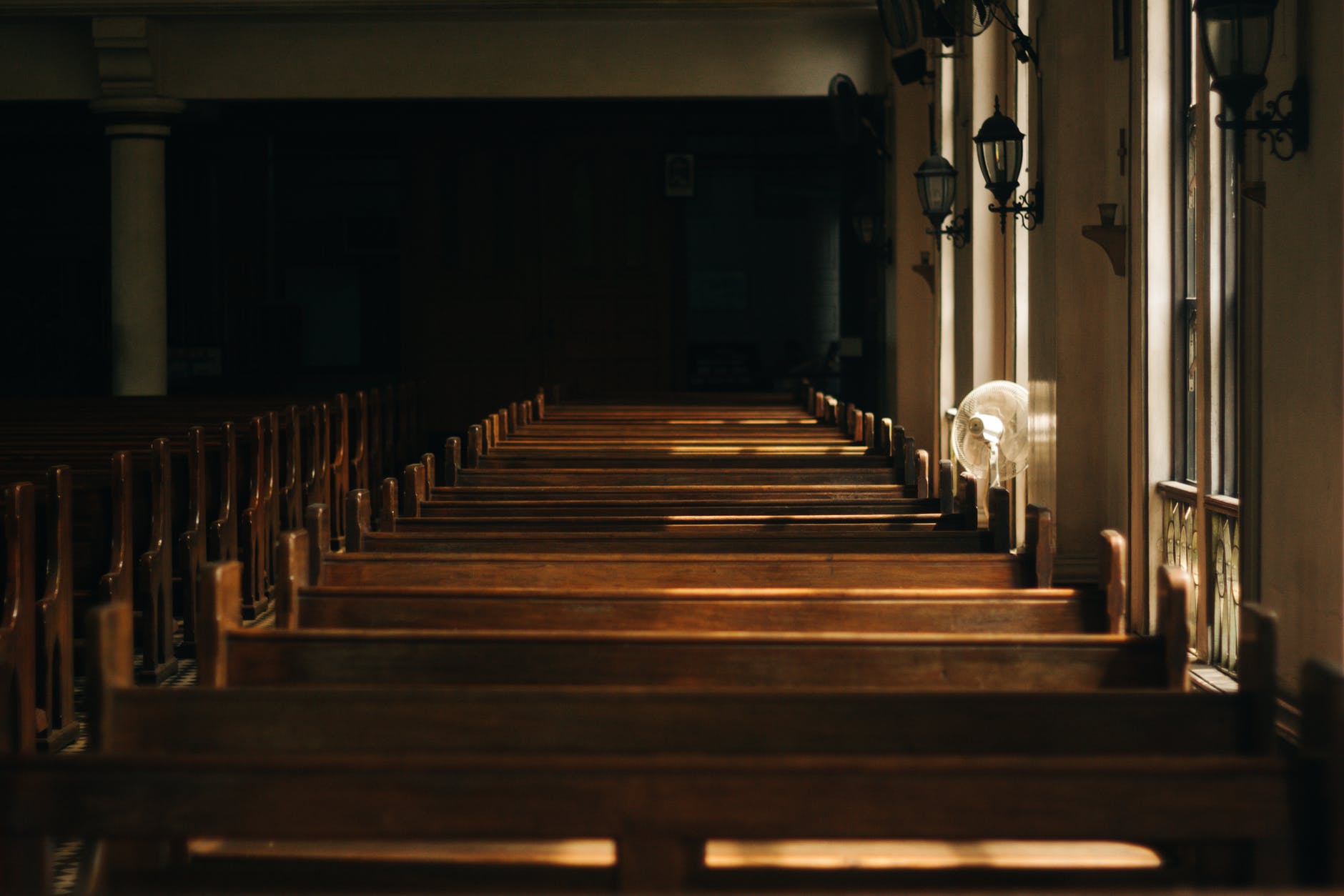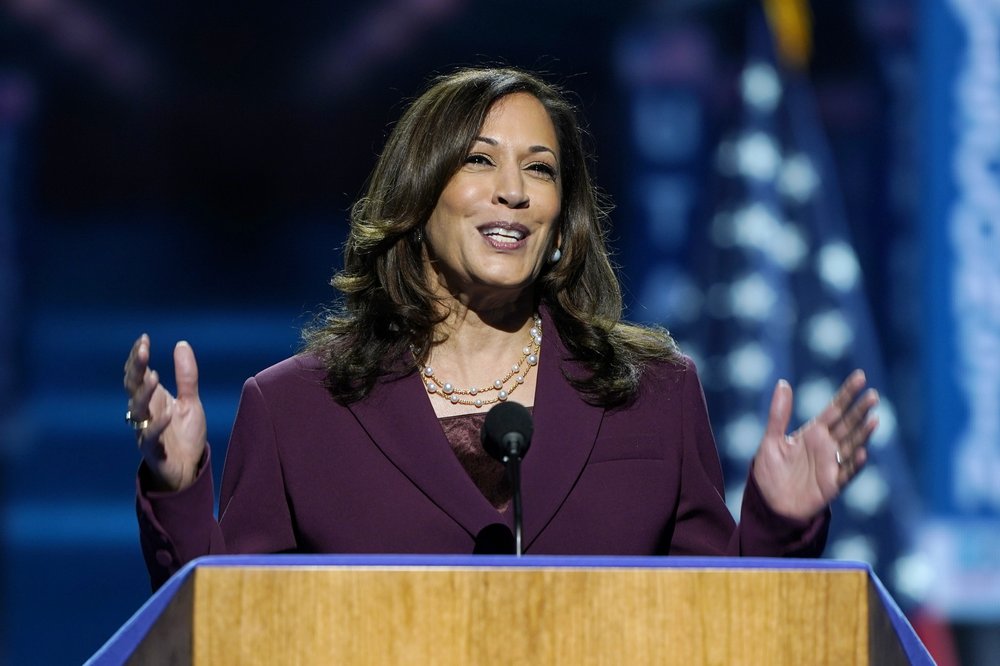The Ultimate Guide to Selecting a Historically White College and University for the Elite Black Athlete
What never sleeps? Sports. Despite the shelter-in-place and safety protocols due to COVID-19 and the economic and racial equity protests across the United States, many Americans are still expending a great deal of time and attention to athletes and athletic competition. In fact, it is hard to deny the reality that the nation often takes its lead and accordingly acts based on the decisions of our sporting life. For example, did it not take the NBA to cease all of its games and related activities on March 11 before the country truly awakened to the pandemic? To that end, here is a recommendation to those young Black men who are contemplating where to “take their talents” for the further development of their athletic and academic gifts. Quite possibly, one of the biggest decisions of their lives must include an approach of how their humanity as a Black person will be treated and respected in a location that historically has rarely used the Black body for anything more than labor.
This Ultimate Guide, which is devised to increase the odds of a positive mental health college sport career, is based on lived experiences, observations, racial equity concepts, and sport management realities. It is no longer a secret that the highest level of college sport participation is a very big business. The National Collegiate Athletic Association (NCAA) reports that they distribute nearly $100 million each year to support athletes. The 50-plus most powerful institutions, who are members of the Power Five conferences, generate $4.1 billion in fiscal-year revenue, which is an average of more than $78 million per school! Who pays to make this money rain for the NCAA? The football enterprise and television and marketing rights fees, primarily from March Madness or the Division I men’s basketball championship. With the obvious focus on making more money and keeping the ship steady by college sport administrators, Black athletes need clear guidelines for consideration when making their college choice decision.
Since Historically White Universities and Colleges* (HWCUs) recruit, sign, and enroll the whopping majority of the highest-ranked Black athletes, these Ultimate Guide suggestions (in no particular order) are tailored to this specific racial demographic. Regardless of whether the head coach is White or Black, the Black athlete must be aware and mindful of the racial dynamic that exists on these campuses. It is troubling that many collegiate athletes rarely see a Black man in the athletic department who wears a suit and tie as an administrator vs. coaching athletic gear. The psychological research is very rich on the critical need of Black youth development to see and have role models who look like themselves and in leadership positions. The bottom line is that there are intentional and unintentional traps designed to stunt the mental growth and connection to the Black community of administrators, alumni, faculty, staff, and students. Black athletes and parents should utilize these recommendations to gain awareness and perspective of the journey that they will embark upon over the next year or more.
Dear Black Athlete:
- Pick up and read a copy of the university’s college newspaper. Often written by students, this publication gives you greater insight of what is really happening on campus. What is in the news? Why are students protesting? Who is being rewarded besides football and basketball players in the sports program? Is or was there ever a Black media publication?
- Without assistance from any coaches or anyone in the athletic department, schedule one-on-one appointments with at least two Black professors. These scholars don’t have to be in your academic major of interest. Black professors at HWCUs have persevered much to be at these prestigious institutions. They have sacrificed a lot and their stories are beneficial to your future. The Black faculty point of view will undoubtedly give you a perspective that is often overlooked. Their office may also become a place of refuge during the tough times. Inquire about the existence of a formal and active Black faculty association? There should be one for obvious reasons.
- Ask the Diversity or Institutional Research Office for the racial and ethnic numbers of the past 10 years for the campus. It is important to know how many people you should expect to see who look like you as peers and faculty. Those “All-Black” student recruitment weekends often greatly distort the cultural reality of college. How many Blacks hold senior leadership positions of the college? Has the university ever had a Black dean or provost? What are the names and titles of all of the Black faculty on campus? In which departments are they employed? Is there an African/African American Studies department? Can one obtain a PhD in that subject at the university? (Departments with a doctoral studies program represent the fields who have attained full university support through funding and staff support.) There generally aren’t that many Black faculty at HWCUs to not fit on one page of an Excel spreadsheet. If they don’t have the data readily at hand, do take note that is a strong signal of the low level of support to the ongoing challenge of recruiting and retaining Black faculty on their campus. The university should know who and where they are on campus. Period.
- The stress on college students is overwhelming. According to the American Psychological Association, more than 60% report anxiety and seek counseling. As an athlete in a high profile and very demanding sport, it is highly likely that you will need this advising. Who will you (or one of your friends) turn to during these times? You should always consider someone outside of the athletic department. Check to see how many full-time Black counselors are employed in the counseling and psychological services department.
- The Black student community will support you. Will you engage with and support them? Meet one of the leaders of the Black student association. Find out how they are coping with being called out for requesting space, challenging racist professors (yes, they do exist at college too), grouping together in the cafeteria, and wearing Black garb in protest. Another inquiry should be to see if there are any Black Greek organizations on campus. A healthy HWCU climate should have at least five of the nine fraternities/sororities established and thriving. There is a reason why they were established in the early 1900s and that purpose remains very strong today.
You will spend the bulk of your time in the athletic facilities adhering to your sport program’s requirements as an athlete. Don’t doubt that for a second. You were hired to do so. With that in mind, what do you need to know about your coach and your new home away from home?
Facilities Review Checklist:
- Who is the stadium, field or court named after? Why? Are any of these men tied to white supremacy? Are the descendants still engaged on campus? How so?
- Are there any buildings on campus named after a Black person? Which one(s)? Are the descendants still engaged on campus? How so?
- Are there more pictures of alumni athletes in the professional leagues than those who are wearing their cap and gown, holding advanced degrees/certificates or gainfully employed/entrepreneurs? Are there any Black alumni athletes who have achieved their PhD, are owners of successful companies or leaders of organizations? Are these role models listed or showcased anywhere? Is there a formal mechanism to connect with them?
The athletic system is designed such that the assistant coach is your connection to the program. That makes a lot of sense for economic and efficiency reasons. However, the Head Coach sets and enforces the values or heart of the team. Don’t fear the man. Learn to understand his character as he is much more than a teacher of sport skills. Here’s your interview cheat sheet for the Head Coach:
- Are you a member of the local NAACP? Why or why not? This question might make him squirm. It is okay. Listen very carefully to the answer.
- Have you ever had a Black person in your home who was not affiliated with athletics? Please describe the occasion.
- Tell me about the last major campus protest. During this very tumultuous time period in our nation, this query will help you to understand how much the coach is engaged with the life of students outside of sports.
- Share your position on your athletes kneeling during the national anthem for race related concerns? Have you publicly stated that “Black Lives Matter”? Why or why not? Have you ever protested for anything in your life? Please describe the situation.
- Has any Black player in the past two years studied abroad or had an internship for more than two weeks during the academic school year? Why or why not?
In summary, one can tell that the college athletic recruiting process is much more than the athletes seeking a beautiful campus, attractive students, diverse food options, and a great fan base. Black parents and guardians need to be laser-focused on going deeper with their examination of what is really an ideal place to entrust their young person’s future. To further incite attention and integrity from HWCUs, elite Black athletes should also carefully consider selecting an Historically Black College and University (HBCU) as one of their official college visits. This action will quickly announce to the sporting world that Black tradition and excellence matters. In addition, the recognition by the Black athlete who has his choice of where to play in college will not only help these underfunded institutions gain valuable media curiosity (and hopefully better treatment) but will also challenge the HWCU to step up their game to truly demonstrate its full commitment to the Black athlete.
It’s been said that “youth is wasted on the young.” The opportunity to showcase one’s talents and gifts to a rabid college sports community should not be taken for granted. It is a blessing and a privilege. Many White coaches and administrators have a very sincere interest in providing for the needs of the Black athlete. They are not defensive or insecure when their Black athletes desire their own cultural customs or the presence of Black role models. These professionals will hopefully view this Ultimate Guide as another standard to guide their words and actions. With or without a coach’s support, today’s Black athlete has the opportunity to change the game though without making one tackle or alley-oop dunk. It only requires a reset of the real game of life — how can we use our gifts to serve others? The Ultimate Guide serves to open up the dialogue on the Black athlete college experience. The answers provided may or may not change your mind about the university. Unquestionably, the Guide will act as a framework for improving the awareness and conditions for the next generation of greatness. This effort only requires courage and a spirit of confidence none of which the elite Black athlete lacks. Take the shot. Now.
*Historically White Colleges and Universities is intentionally used to fully describe the demographic design of these academic institutions. The more popular and inaccurate nomenclature of Predominantly White Institutions (PWIs) is dismissed as it implies that these colleges only recently became White dominant when in fact, they were birthed as exclusive academic centers for White people only.
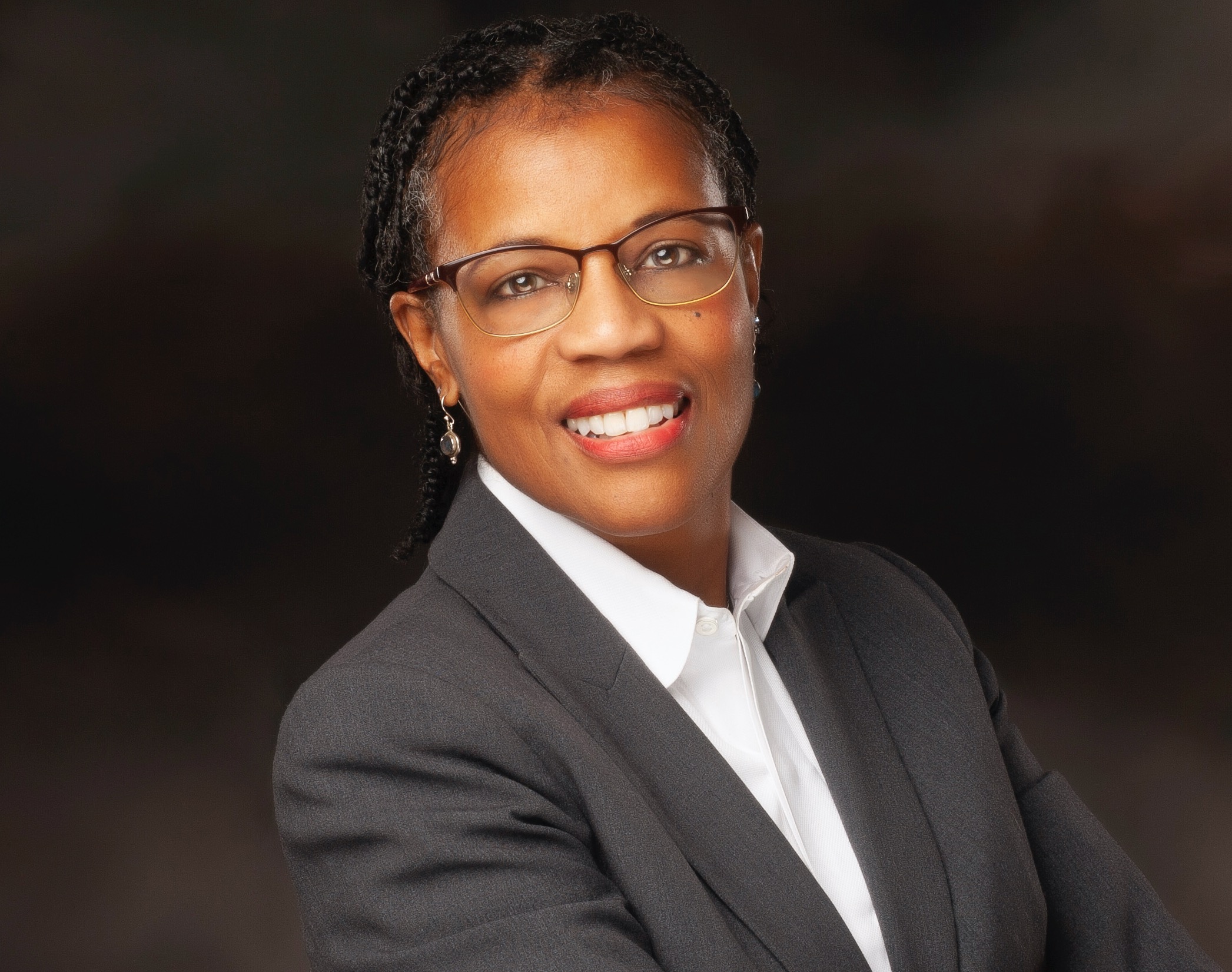 “Never Too Far” contains perspectives and insights from an inquisitive and engaged Orange County transplant from Philly. Deborah Stroman is an entrepreneur and UNC leadership professor who has seen too much and not enough, and thus continues to question and explore the thoughts and actions of humankind.
“Never Too Far” contains perspectives and insights from an inquisitive and engaged Orange County transplant from Philly. Deborah Stroman is an entrepreneur and UNC leadership professor who has seen too much and not enough, and thus continues to question and explore the thoughts and actions of humankind.
Chapelboro.com does not charge subscription fees. You can support local journalism and our mission to serve the community. Contribute today – every single dollar matters.

